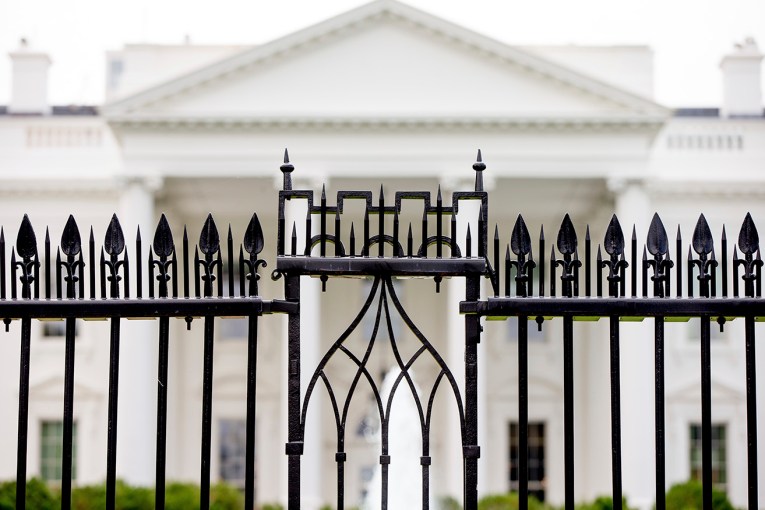Ariel Sharon: the strong military general who went on to lead Israel
Born in 1928 in what was then British-administered Palestine, Ariel Sharon would spend half of his life in the army fighting wars, and half as a politician directing them.
He grew up in a farming community and joined the Haganah Jewish underground at the age of 14.
He fought Arab armies in three wars, suffered his first war wound fighting for the newly created Israeli state in 1948.
He went on to lead key commando units and crafted a policy of reprisals – even at the cost of innocent lives – for cross-border Palestinian guerrilla raids.
Along with a reputation in the military for recklessness and disobeying orders, Mr Sharon was hailed for daring operations that brought victories on the battlefield.
In the summer of 1973 he retired a major-general after being passed over for chief-of-staff.
Three months after he quit, he was back as a reservist-general, commanding troops that launched a counter-offensive that helped rout Egyptian forces in the Yom Kippur 1973 Middle East war.
From general to politician
He helped form the Likud party, which courted Israel’s underclass of Jews of Middle Eastern descent, and rose to power in the 1977 election, ending the dominance of the “European” Labour Party.
Appointed agriculture minister, Mr Sharon used that post and his chairmanship of a ministerial settlements committee to break ground on new settlements – helping to earn him the nickname “Bulldozer”.
In 1982, as defence minister, he masterminded Israel’s invasion of Lebanon, one of the country’s most divisive campaigns.
He resigned after an Israeli probe found he bore “personal responsibility” for not preventing the massacre of hundreds of Palestinian refugees by Christian militias.
But by 2001, he was back on top, elected prime minister at the height of the second Palestinian intifada, or uprising.
Mr Sharon was the architect of Israel’s settlement policy in the occupied Palestinian territories and built the controversial West Bank security fence.
He also divided the Israeli community by announcing the pull-out of more than 8,000 Jewish settlers from the Gaza Strip.
Struck down by stroke while prime minister
He formed his own political party, Kadima, before being struck down by a massive stroke in 2006.
Some diplomats believed that had he remained in good health, he would have secured peace with the Palestinians after overcoming domestic critics to force through the withdrawal of troops and settlers from the Gaza Strip in 2005.
“As one who fought in all of Israel’s wars, and learned from personal experience that without proper force, we do not have a chance of surviving in this region … I have also learned from experience that the sword alone cannot decide this bitter dispute in this land,” Mr Sharon said in 2004.
Sharon was married twice. His first wife, Margalit, died in a car accident in 1962.
They had one son, who was killed in 1967 when a friend accidentally shot him while playing with a rifle.
In 1963, Sharon married Margalit’s sister, Lily, who died of cancer in 2000. He is survived by their two sons.
ABC/wires








